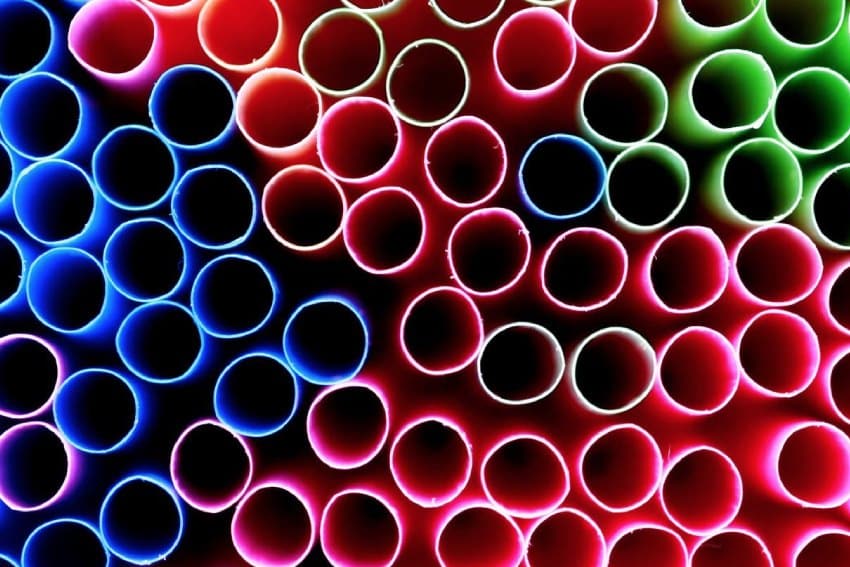We’ve all seen the heart-breaking images of plastic littering beautiful beaches, drifting through the sea and harming wildlife. It is estimated that there are over 150 million tonnes of plastic in the world’s oceans and every year one million birds and over 100,000 sea mammals die from eating and getting tangled in plastic waste [Source: DEFRA]. As a result, plastic straws have become somewhat of a focus for environmentalists, and increasingly the public at large.
The news that some food and beverage giants, including McDonald’s, JD Wetherspoon, Costa and Caffe Nero are replacing their plastic straws with paper ones, received mixed reviews. Some McDonald’s customers complained about the straws ‘melting’ in liquid, and more than 30,000 customers called for plastic straws to be reintroduced.
Others praised the chains for taking a significant step towards reducing the impact of plastic on the environment.
Then the story broke that McDonald’s paper straws are actually non-recyclable, with the fast food chain claiming that all other organisations using paper straws are in the same boat. So which is actually better for the environment – paper or plastic straws?
The answer isn’t as straightforward as you might think. Unfortunately, neither plastic or paper straws can realistically be recycled due to their size and thickness. Paper can biodegrade (in the right conditions) and can be burnt without emitting toxins, but we must also ask which product takes more energy and creates more CO2 to produce? The miles that each straw has travelled to get to the retailer must also be taken into account within the CO2 calculation.
The process of recycling paper can be inefficient, and it actually takes 91% more energy to recycle a pound of paper than it takes to recycle a pound of plastic [Source: Northern Ireland Assembly]. In landfills, paper doesn’t degrade all that much faster than plastic.
This is a complex subject and not as straightforward as it may seem on the surface. Tackling the straw issue is an important step, but how significant is the impact of the straw on the environment in relation to the lid, or the cup itself?
One change we can make as consumers is to reduce our straw consumption in the first place. Do we really need a straw for every drink? Whether they’re straw or paper, they are really a convenience item. We can make a difference, one drink at a time.
Did you know that DCW are Zero Heroes? Our Zero to Landfill solution which ensures that no waste goes to landfill was the first of its kind in Devon and the south west. We remain the only Zero to Landfill operator in the region to process waste for recycling, rather than sending it all to Energy from Waste plants for incineration.
At DCW, we are passionate about recycling and advising on the best waste management solution for your business. Find out more about DCW and get in contact with us today here.
